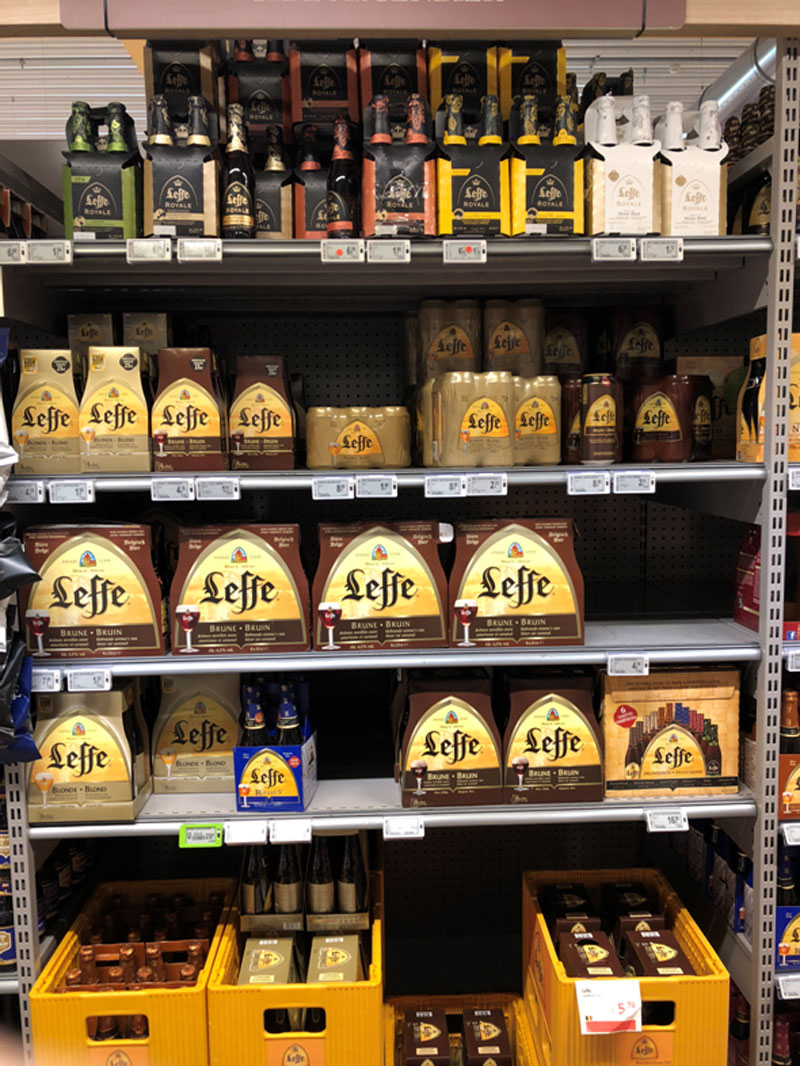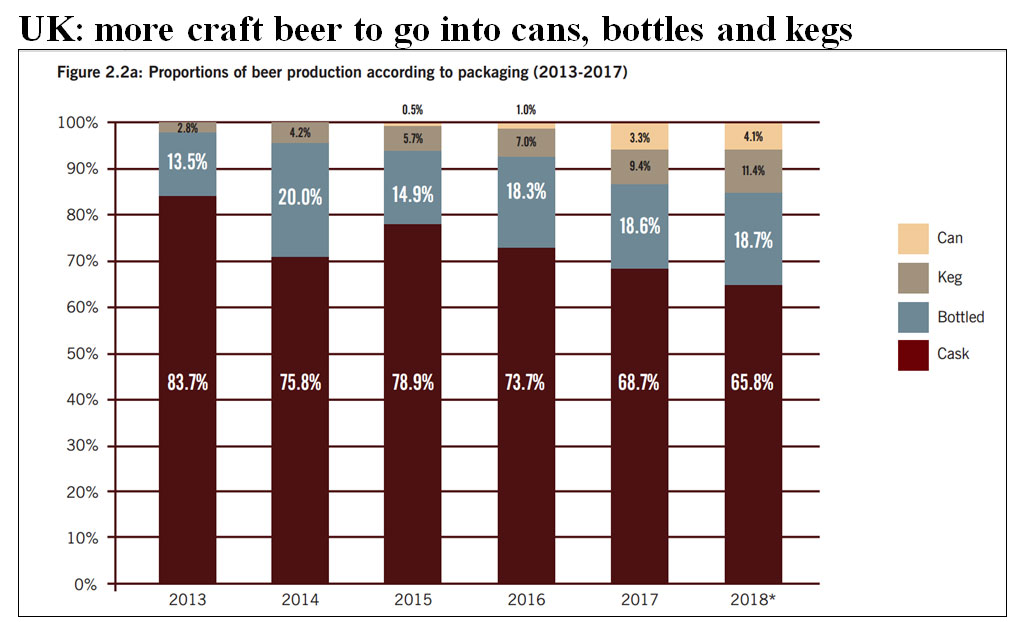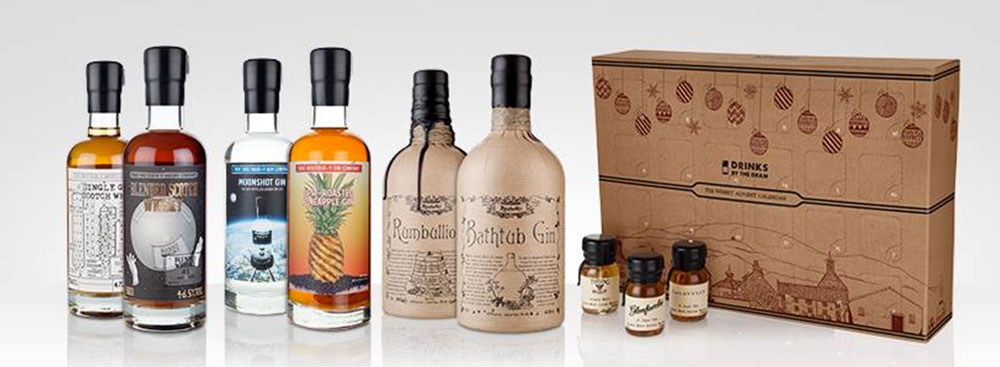Beer and sports are such a great combo that more and more craft brewers are setting up shop inside sports stadiums. In May 2018, London’s Beavertown Brewery confirmed plans to open a brewery and taproom inside the newly developed stadium of Premier League soccer team Tottenham Hotspur.
Is this the next big thing in beer sales? Heineken has taken the idea from pizza delivery services and launched a courier service for beer and snacks in Amsterdam’s cool neighbourhood De Pijp. The service will be expanded to cover most of Amsterdam by July, Dutch media report.
The weedkiller glyphosate is in the news again. After the European Union in November 2017 controversially extended its use by five years, the issue was put on a back burner by media – only to come to the fore again in May 2018 when the German consumer association Stiftung Warentest published its review of 20 alcohol-free beers in Germany, available in the June issue of its magazine.
Creativity knows no bounds and is not exclusive to humans. To mark the opening of its first “Brew Pub” in London – a 500 seat venue – the Scottish craft brewer on 12 May 2018 invited dog owners plus four-legged pets to a sniffing competition.
So Heineken has planted its flag in Belize, a small Caribbean country lodged between Mexico in the north and Guatemala in the west. On 11 May 2018 the Dutch brewer announced that it has acquired a minority stake in Belize Brewing Company, best known for its Belikin beers.
It has never been more important to stand out from the crowd than in today's competitive beverage market. Labels are key components of any brand marketing mix, allowing manufacturers to differentiate their products and give end consumers the information they need and increasingly expect.
Publicity stunt or right-on surplus food upcycling? The UK’s retailer M&S has launched a range of beers and ales made with surplus sandwich bread.
Bavarian brewers are still sticking to the old tradition of the “house drink”. Each brewery employee receives a certain beer allocation per month free of all charges and taxes. The amount is even specified in the industry’s collective agreements. In Bavaria, it has been 36 litres beer per month per person for years, although some brewers are far more generous.
British craft brewers are reviving the tradition of brewery taprooms as an antidote to the national trend of pub closures and the dominance of Big Brewers.
Where to announce a transaction these days? On Facebook! On 18 April 2018 AB-InBev’s ZX Ventures acquired the Atom Group, a UK-based e-commerce company and spirits producer and distributor, for an undisclosed sum.



